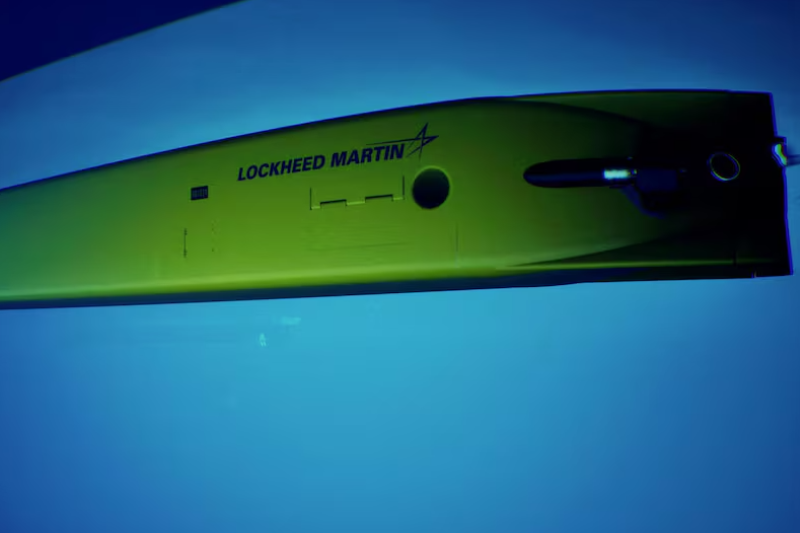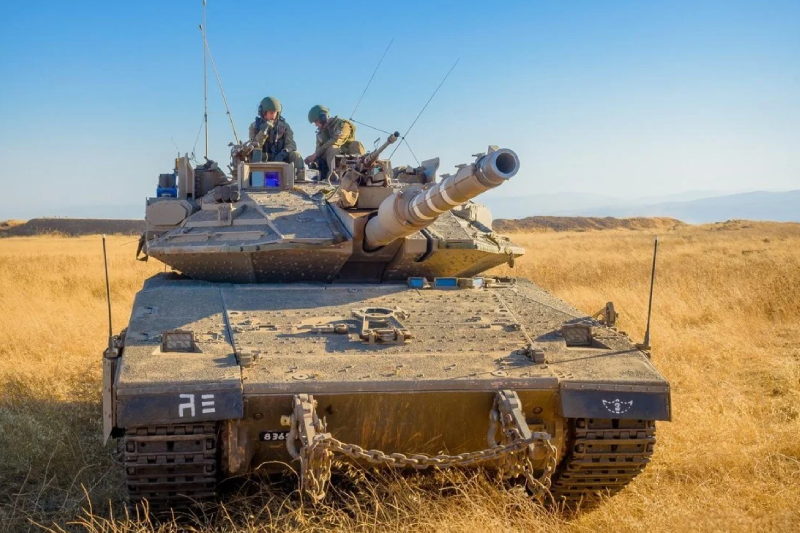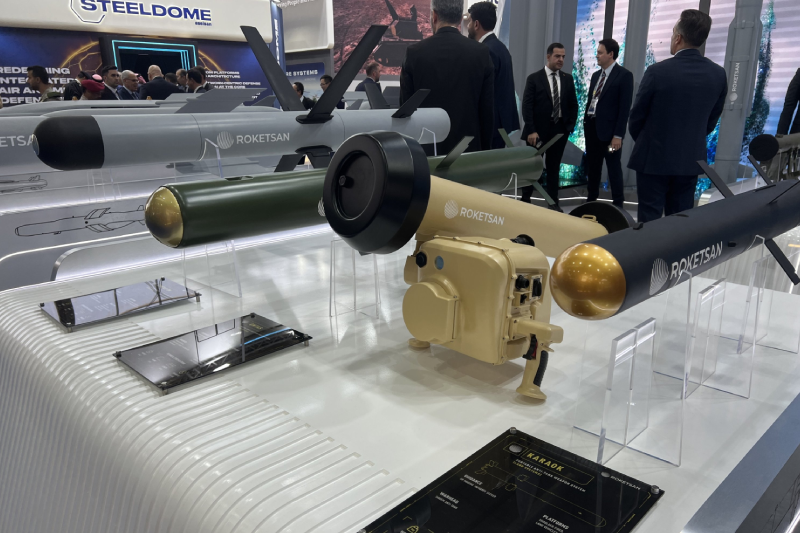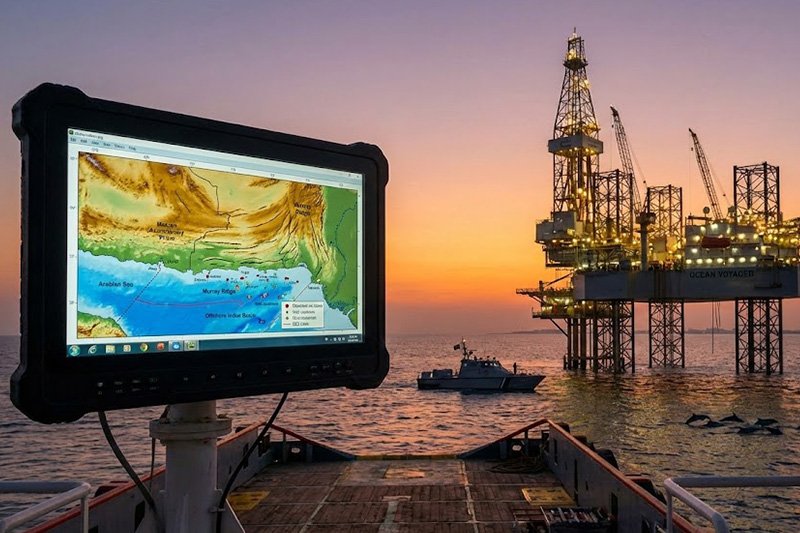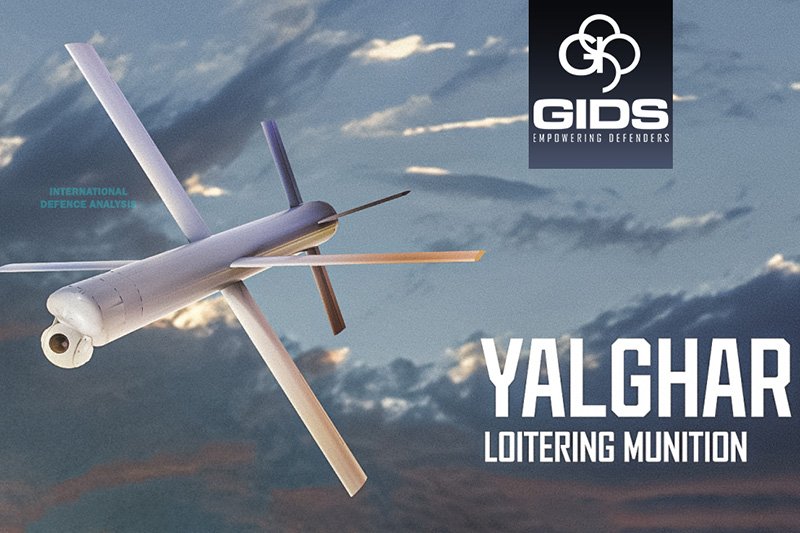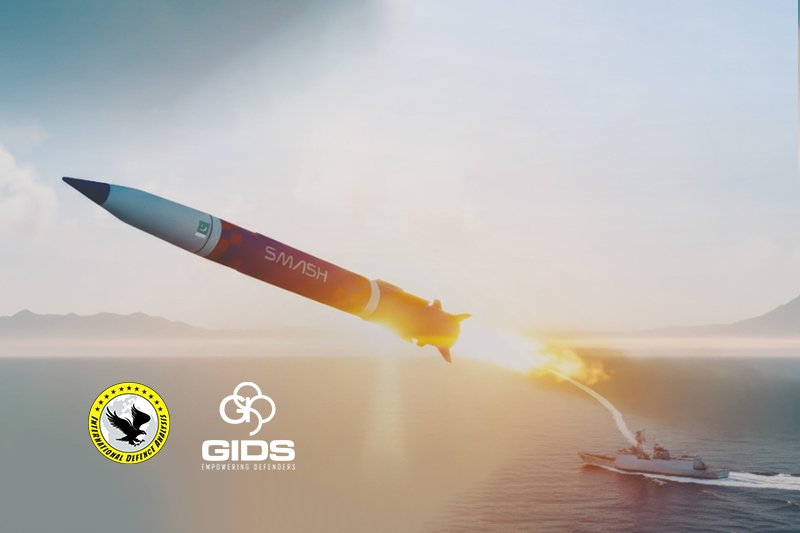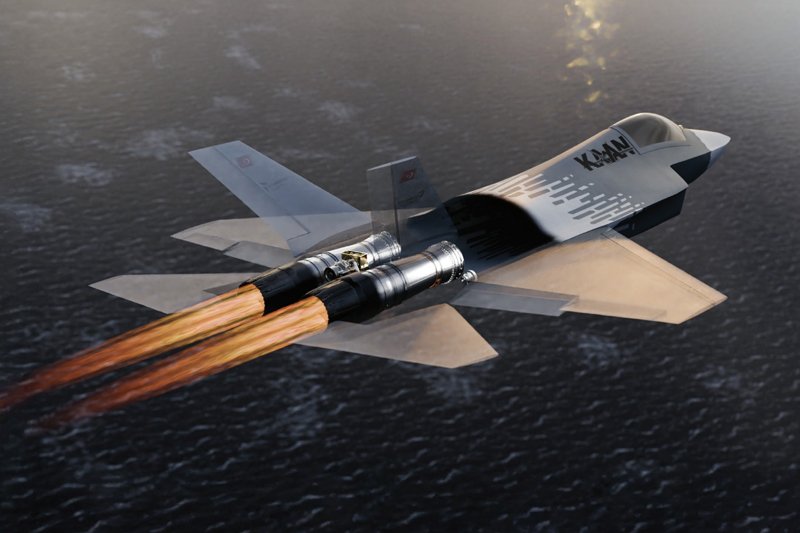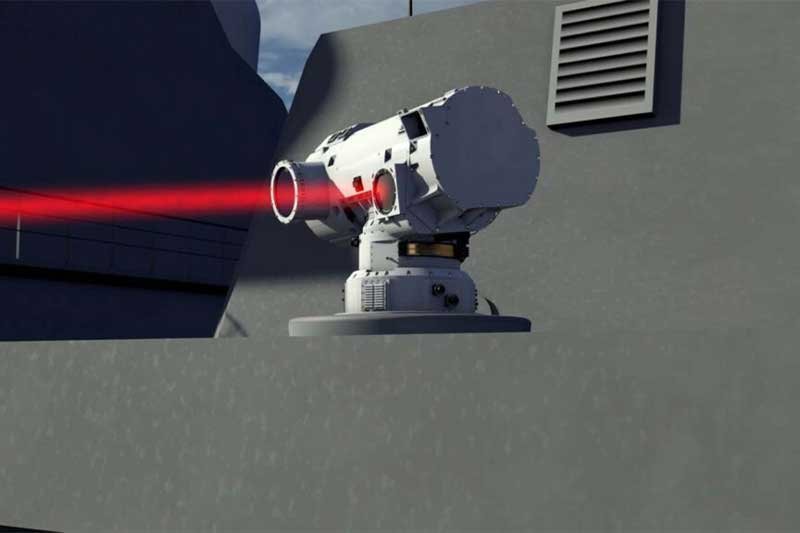UK Confirms Progress on DragonFire Laser Weapon
The UK Ministry of Defence is making steady progress towards operationalizing the DragonFire laser weapon system, according to new statements from Defence Secretary Grant Shapps. Responses to parliamentary questions reveal validation analysis and rigorous testing are already underway.
“DSTL have conducted operational analysis of the proposed system and have confirmed with the Royal Navy that the DragonFire system will provide operationally relevant capability,” the Defence Secretary stated.
Also read this: China, Cambodia Advance Joint Land and Naval Exercises
Comprehensive Testing Program
To further validate DragonFire’s capabilities, the MoD has established a dedicated test program utilizing the existing DragonFire prototype system. This structured testing regime has commenced multiple work streams aimed at maturing all aspects required to achieve an initial “Minimum Deployable Capability.”
“An established test programme using the existing DragonFire system will provide further evidence and validation,” said Shapps. “The programme has already commenced multiple work streams to mature Defence Lines of Development to deliver Minimum Deployable Capability.”
DragonFire is a joint project between the UK and Israel to develop a high energy laser directed energy weapon tailored for maritime operations. It is intended to provide a defensive counter missile and counter-unmanned aerial system capability for Royal Navy surface ships.
Leveraging Allied Laser Technology
The UK effort leverages Israeli laser and beam control technology with the goal of integrating an at-sea laser weapon system onto the Royal Navy’s fleet. DSTL and its Israeli partners have been working for several years on DragonFire’s overall design, lethality studies, and power and cooling requirements.
If its ongoing test campaigns are successful, DragonFire could become one of the first deployable high energy laser weapon systems on the market. Its ability to rapidly engage aerial and surface threats with precision could prove transformative for naval air defense.
While many technical challenges remain, the MoD seems committed to pushing DragonFire through the rigorous validation process required for an operational military capability. Shapps’ statements indicate the system remains on track towards at least an initial deployment in the near future as originally envisioned.
Keep connected with us at Facebook, Twitter, YouTube, Instagram & TikTok for latest defense happening around the globe.
Discover more from International Defence Analysis
Subscribe to get the latest posts sent to your email.



